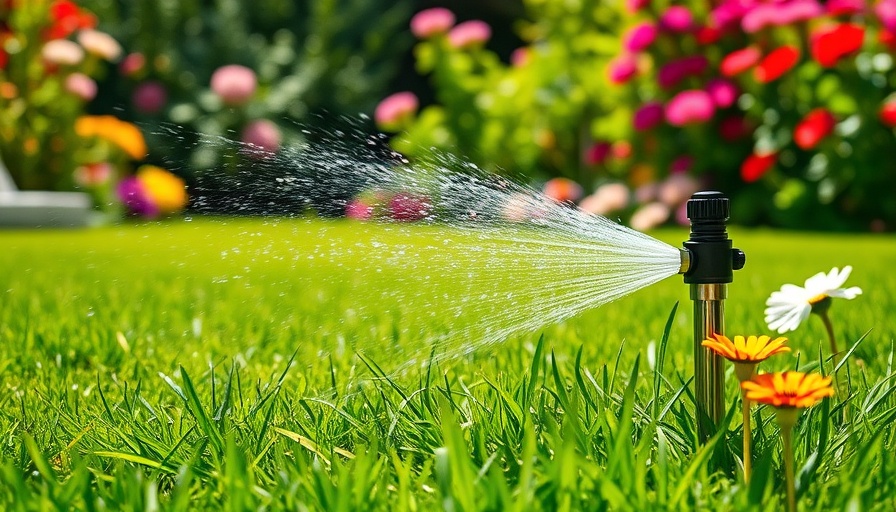
Why Water Conservation Matters More Than Ever
In today’s world, where resources are becoming increasingly scarce and expensive, conserving water is not merely a suggestion but a necessity. In many communities, including mine, water prices have soared, making every drop precious. By adopting effective water-saving strategies, you not only save on utility bills but also contribute to a sustainable future. Here are ten practical tips to help you make your garden and yard more water-efficient and eco-friendly.
Invest in Native and Drought-Tolerant Plants
When it comes to landscaping, one of the most effective strategies is to choose the right plants. Opt for drought-resistant species that thrive in your local climate. For lawns, varieties like buffalo grass or fescue are ideal, while in garden beds, consider plants like lavender or black-eyed Susans. These plants reduce the need for excessive watering, thus conserving both water and money.
Harness the Power of Rainwater
Incorporating rain barrels into your landscaping not only provides free water but also helps in stormwater management. By redirecting the rain from your roof, these barrels can collect a substantial amount during a storm, offering a sustainable resource to draw from in dry spells. This method not only conserves municipal water but also reduces runoff that can carry pollutants into waterways.
The Role of Mulching in Water Conservation
Mulching is an essential practice that offers multiple benefits. By applying a thick layer of mulch around your plants, you can minimize evaporation and keep the soil moist longer. Mulches such as wood chips or straw break down over time, enriching the soil, and fostering healthy plant growth while also reducing the labor needed to maintain your garden.
Smart Irrigation for Smart Gardening
Technological advancements have made it easier to manage water usage efficiently. Installing a smart irrigation system allows you to automate watering schedules based on moisture levels in the soil. With ground sensors and weather integration, these systems ensure your plants receive exactly what they need—no more, no less—maximizing water use and minimizing wastage.
Enhancing Soil Quality
Healthy soil is fundamental to sustainable gardening. By adding organic matter like compost to your garden, you create a structure that improves moisture retention. This practice not only benefits your plants by providing essential nutrients but also reduces the frequency with which you need to water.
Exploring Alternatives: Ground Covers
If you're considering alternatives to traditional grass lawns, ground cover plants such as pachysandra or vinka vine could be the solution. They require minimal water once established and can withstand lower-maintenance conditions, propelling your garden towards a drought-friendly landscape.
Understanding the Bigger Picture
Implementing these water-saving tips is vital not only for your personal savings but also for the community's water supply. By cultivating landscapes that require less water, we contribute to a collective effort to preserve our planet’s vital resources. Moreover, with increasing climate-related challenges, the importance of implementing sustainable practices cannot be overstated.
As we look ahead, integrating these practices into our gardening workflows can pave the way for a more sustainable, connected future. Join the movement toward responsible water usage and make your yard a beacon of conservation. Together, these steps can lead to profound change and a healthier planet.
 Add Row
Add Row  Add Element
Add Element 


 Add Row
Add Row  Add
Add 

Write A Comment